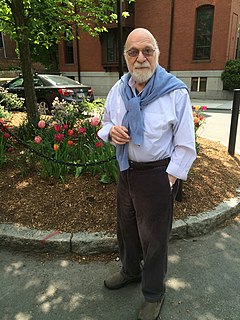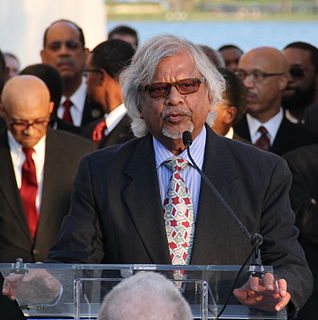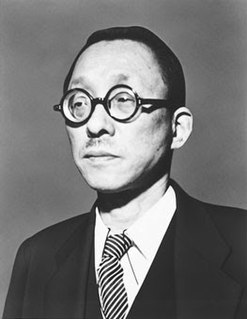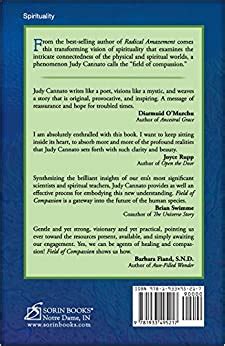A Quote by Stanley Cavell
Philosophy... is indeed outrageous, inherently so. It seeks to disquiet the foundations of our lives and to offer us in recompense nothing better than itself- and this on the basis of no expert knowledge, of nothing closed to the ordinary human being, once... [one] lets himself or herself be informed by the process and ambition of philosophy.
Related Quotes
Satyagraha is the pursuit of truth. My grandfather believed that truth should be the cornerstone of everybody's life and that we must dedicate our lives to pursuing truth, to finding out the truth in our lives. And so his entire philosophy was the philosophy of life. It was not just a philosophy for conflict resolution, but something that we have to imbibe in our life and live it all the time so that we can improve and become better human beings.
One can delineate the domain of philosophy however one likes, but in its search for truth, philosophy is always concerned with human existence. Authentic philosophizing refuses to remain at the stage of knowledge […]. Care for human existence and its truth makes philosophy a 'practical science' in the deepest sense, and it also leads philosophy—and this is the crucial point—into the concrete distress of human existence.
I drifted into a career in academic philosophy because I couldn't see anything outside the academy that looked to be anything other than drudgery. But I wouldn't say I 'became a philosopher' until an early mid-life crisis forced me to confront the fact that, while 'philosophy' means 'love of wisdom', and 'wisdom' is the knowledge of how to live well, the analytic philosophy in which I had been trained seemed to have nothing to do with life.
Philosophy is not a body of knowledge to impart to someone, that's why reading philosophy books isn't always the best way of learning philosophy. Philosophy is really more the process of rational engagement, rational reflection with a diversity of views and ideas and opinions and trying to sort of reason your way through to a more reflective position. I think if you look at it that way, philosophizing is to some extent some small way a part of almost everyone's lives although they don't recognize it as such and a lot of people are embarrassed about it.
To see ourselves as we truly are—a wisp of love itself—is perhaps our deepest fear. But it is also our greatest grace. If we are to be the new human, we must begin by embracing love, which always seeks to incarnate itself. Love is enfleshed everywhere. Everywhere the Holy One is shouting and whispering, ‘Let me love you.’ And all that is asked of us is to receive. In reality, that is our life’s work. Nothing more, and certainly nothing less.
In the world it is called Tolerance, but in hell it is called Despair...the sin that believes in nothing, cares for nothing, seeks to know nothing, interferes with nothing, enjoys nothing, hates nothing, finds purpose in nothing, lives for nothing, and remains alive because there is nothing for which it will die.
Nothing sweeter than to drag oneself along behind events; and nothing more reasonable. But without a strong dose of madness, no initiative, no enterprise, no gesture. Reason: the rust of our vitality. It is the madman in us who forces us to adventure; once he abandons us, we are lost; everything depends on him, even our vegetative life; it is he who invites us, who obliges us to breathe, and it is also he who forces our blood to venture through our veins. Once he withdraws, we are alone indeed! We cannot be normal and alive at the same time.
In Philosophy, the contemplations of man do either penetrate unto God, or are circumferred to Nature, or are reflected and reverted upon himself. Out of which several inquiries there do arise three knowledges, Divine Philosophy, Natural Philosophy, and Human Philosophy or Humanity. For all things are marked and stamped with this triple character of the power of God, the difference of Nature and the use of Man.
For myself, I am interested in science and in philosophy only because I want to learn something about the riddle of the world in which we live, and the riddle of man's knowledge of that world. And I believe that only a revival of interest in these riddles can save the sciences and philosophy from an obscurantist faith in the expert's special skill and in his personal knowledge and authority.








































